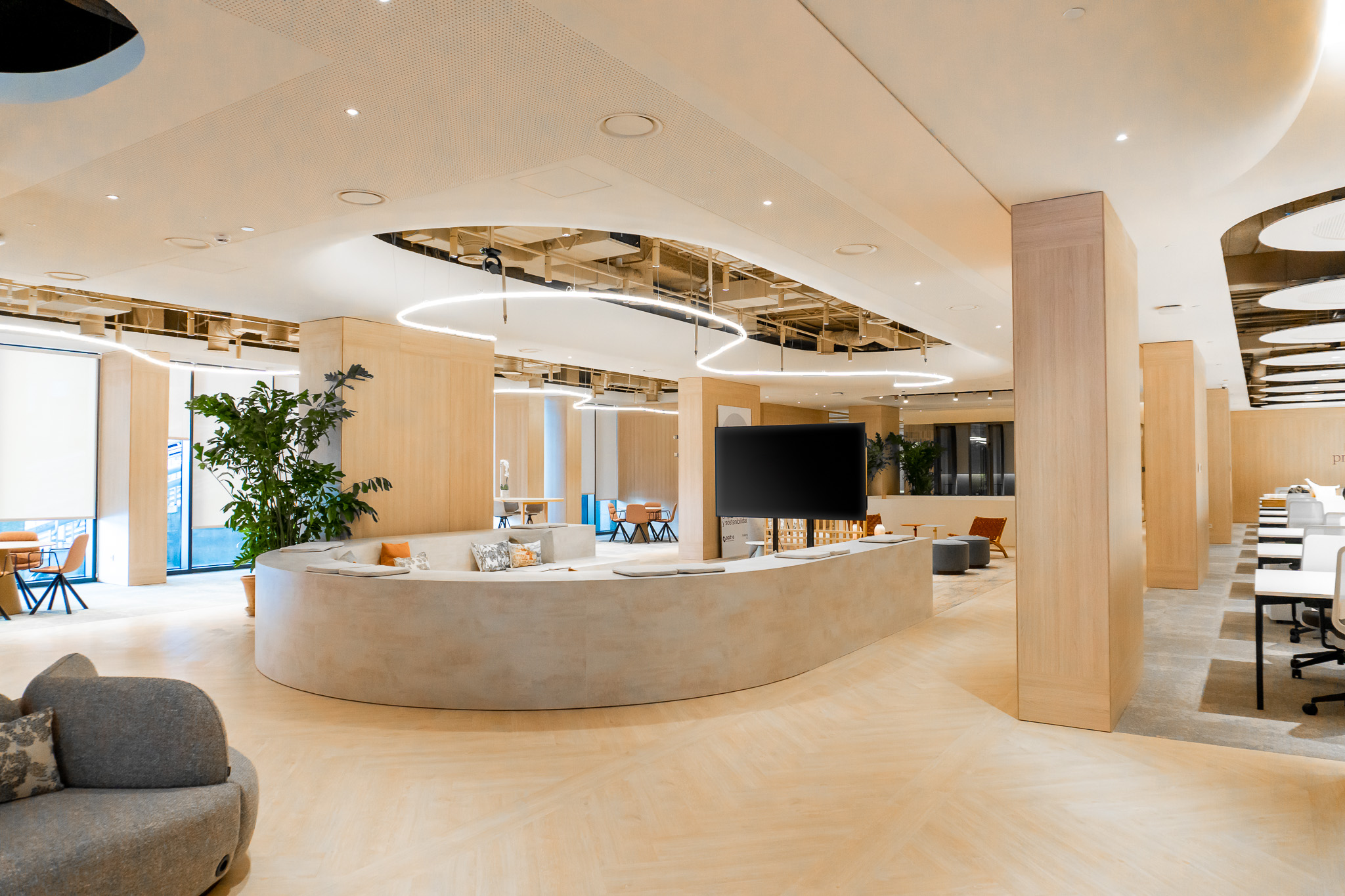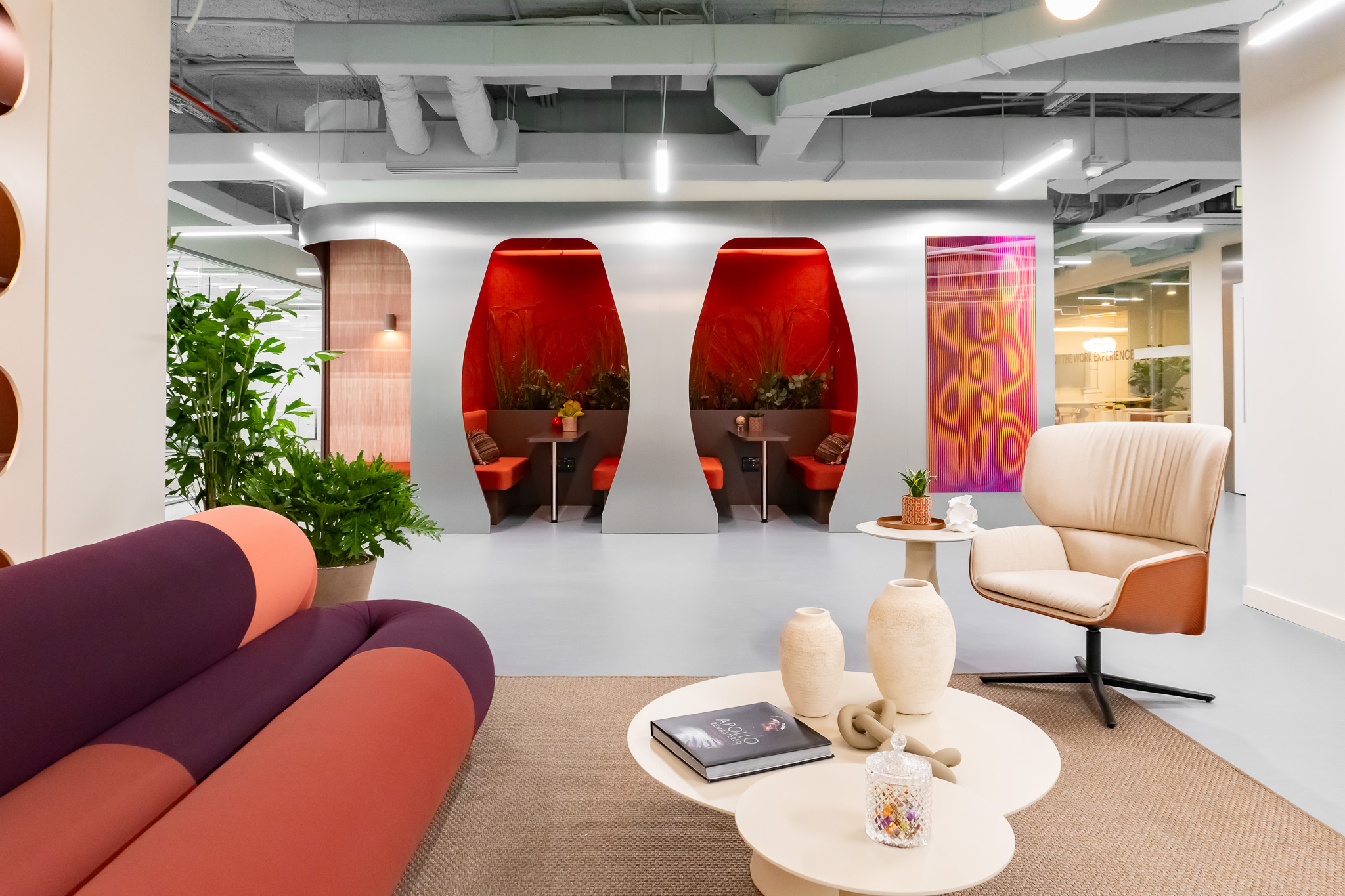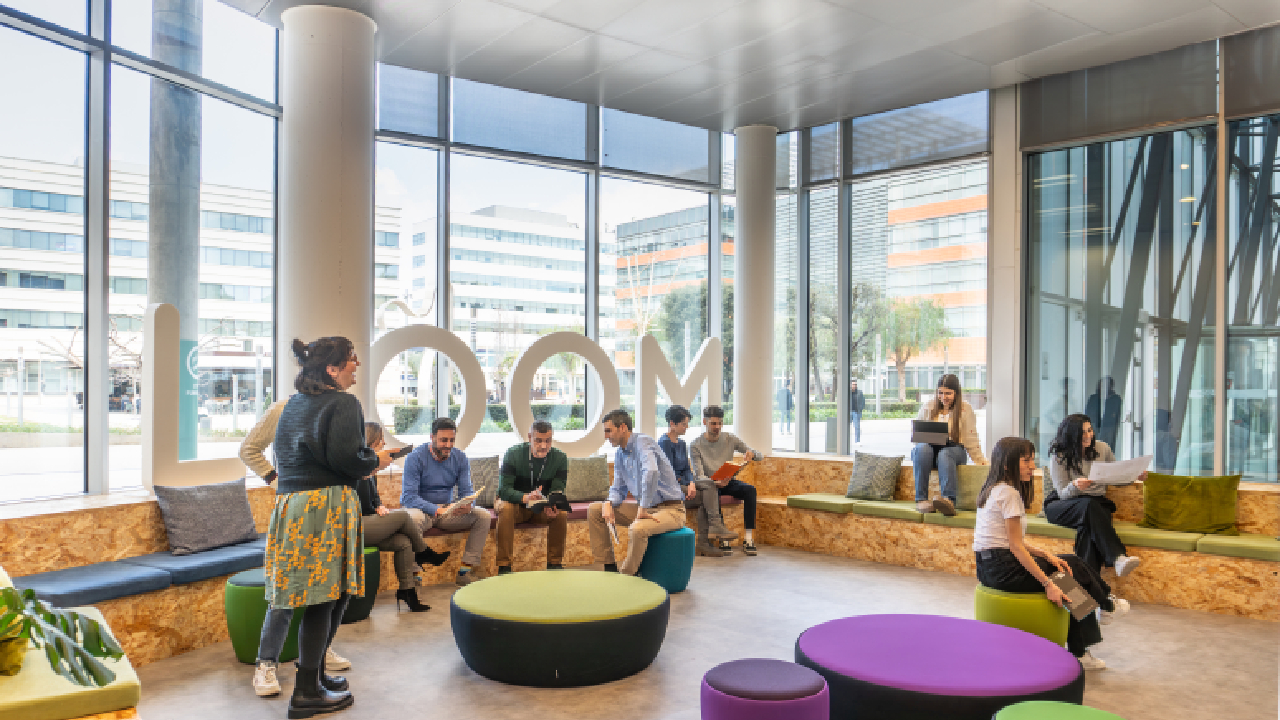Work models and company culture are no longer what they used to be.
We spoke with Ana Morcillo, Innovation Facilitator and Consultant, Design Thinking, Service Design, specialist in Talent Development, Creative Leadership and Innovative Organizational Culture.
Ana has a long transversal career developed both in different corporations and as an entrepreneur for 14 years serving companies in strategic sectors or in the field of consulting people and organizations…

Moreover, Ana offers an agile leadership course for the LOOM community and for our own team. And on top of that, we interviewed her so you can read this very interesting article in BLOOM.
- What ingredients does a good leader need to have to manage teams in changing and ambiguous environments such as the current one?
At a time like the one we are currently living in, it is essential that both individuals and organizations have the ability to adapt to it as quickly as possible and in a sustainable manner over time.
For this, it is essential that the culture of organizations promotes what in Agile terminology is called “Servant Leader”.
This is a leadership style that is supported by the Mission and Values of the organization, providing strategic Vision, as a logbook for the teams to be directed to it and at the same time facilitating the achievement of the proposed objectives to make it a reality. He is a leader with a great orientation to people, innovative, with strategic business vision, leader in digital environments that allow to build a network, communicator and collaborator, honest and honest which allows to create relationships of trust as a space for learning and continuous improvement.
- Throughout your career, have you noticed that the profile of people interested in learning about, adopting and training in Agile frameworks has changed?
The most unique thing, in my opinion, is that what Agile means, as well as the methodologies and frameworks that promote it and those that are based on it, have gone from being considered processes only related to productivity to impacting the entire Organizational Culture and therefore impacting any area of it.
As a professional in Agile, offering consulting, facilitation and off and online training such as the Agile Team Management Leadership Program… How would you convince a team to incorporate this methodology in their daily work? What are the main advantages of an agile team?
It is important to understand that Agile frameworks work in complex environments, such as any environment where predictability and repeatability is not possible and therefore continuous adaptation to circumstances is important. For example, any environment whose value proposition includes the creation of products or services of this nature. These can be companies in sectors as varied as banking, pharmaceuticals, insurance, energy, software companies, etc.
With respect to the teams, they see increased clarity of vision and the contribution of value that they produce, promotes self-management, continuous delivery of that same value, greater knowledge of the needs of end users and most importantly well-being, learning and continuous improvement.
- What do you think are the main obstacles for companies to adopt Agile?
Organizations are reluctant to modify their drift and incorporate changes, so it is equally necessary to have a clear vision, not only of the advantages of incorporating them, but also of the danger of not doing so…
Sometimes companies do not have bad results, so they do not identify that they should be part of the change that is happening around them and that represents a real danger, because in many cases when it is detected it is already too late. There are many examples of this, such as Kodak, the music industry with its CD sales, etc.
The leadership style of organizations is precisely one of their biggest stoppers, since these frameworks and organizational culture promote transparency, trust, delegation and flattening of the business structure in order to have the necessary flexibility for continuous adaptation.
- What do you think the leaders of the future will be like? What do you predict will be the biggest change in companies in the coming years?
I think they will be leaders of great strategic capacity, creative, innovative, digital, with high emotional and people-oriented capabilities, they will promote networking environments based on contribution, knowledge and transparency, it is key that they are people of values and great coherence that will allow our organizations to contribute to improve our society.
At LOOM we try to adapt and evolve towards more agile work environments following methodologies that allow us to grow as a company and as people. And we offer this same possibility to any professional interested in incorporating new and more dynamic work models through interviews like this one in our blog, or our innovative programming…
What work methodology do you apply in your day-to-day work?









